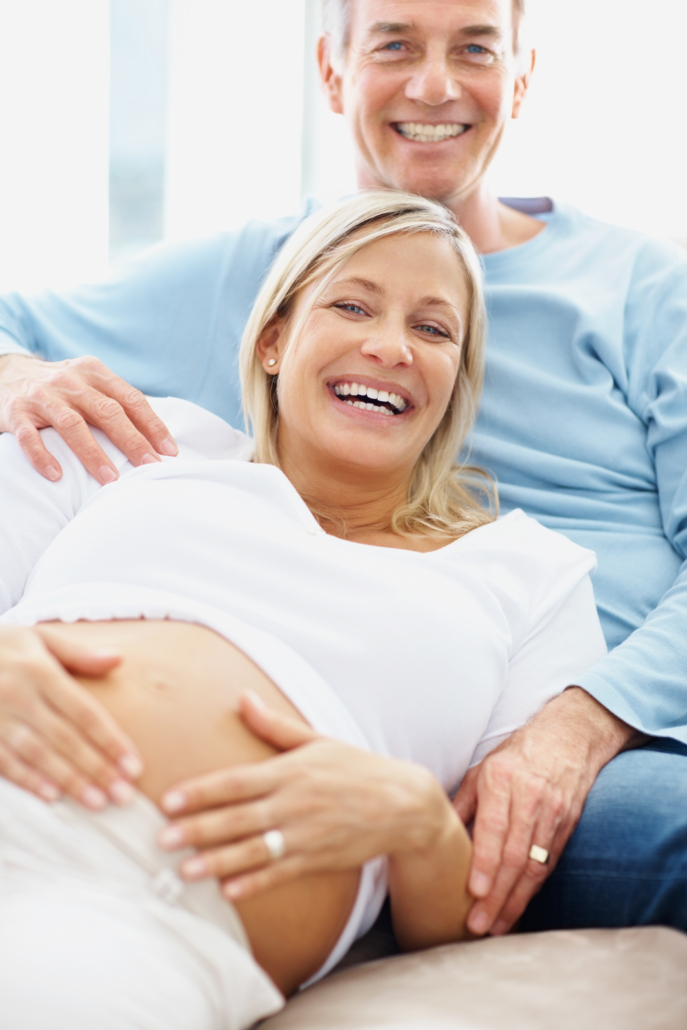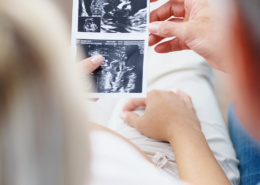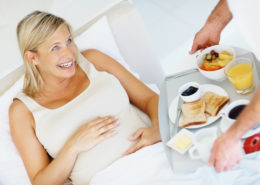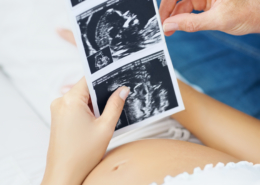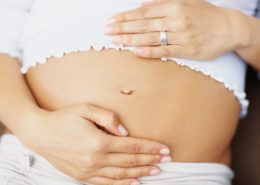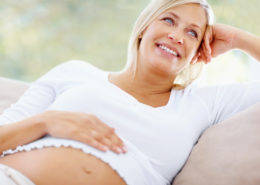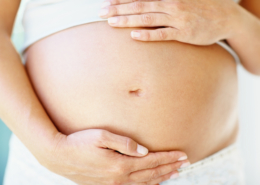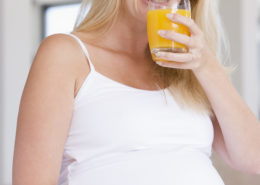This helps with hair loss during pregnancy
During pregnancy, most women have a full head of strong hair.
However, this changes a few weeks after the birth of the child: normally, everyone loses up to a hundred hairs a day.
But now more hair is visibly falling out, and in extreme cases the first thinning patches can soon be seen on the scalp.
The reason for this is the oestrogen level.
The hormone oestrogen ensures this during pregnancy, that the hair follicles remain in the growth phase.
The hair ‘lives’ and therefore grows longer.
After giving birth, the oestrogen level drops again so that many of the hair follicles switch from the growth phase to the resting phase.
As a result, the hair stops growing and eventually falls out.
Hair loss after pregnancy is therefore normal.
Only if more than a hundred hairs fall out every day for several weeks and light patches form on the scalp could the cause be something else.
For example, excessive hair loss combined with tiredness and pale skin may be due to iron deficiency, a thyroid disorder or a skin disease.
If in doubt, a doctor should investigate. Fortunately, however, oestrogen levels and therefore the hair life cycle normalize in most women after six months at the latest.
It rarely takes up to a year for hair loss to subside again after pregnancy.
This can help to minimize hair loss after pregnancy
- Allow your body to rest as often as possible so that you can recover from the strain of childbirth, the stress and lack of sleep during the first few weeks with the baby.
Consciously eat a healthy and balanced diet during this time. - Use shampoos that are gentle on your hair and scalp; do not blow-dry your hair too hot.
A scalp massage every now and then stimulates the blood flow to your scalp. - Wear longer hair loose, as a plait or ponytail would put mechanical strain on the hair and also encourage it to fall out.
- A clever cut can make the hair appear fuller, cover thinning areas and thus bridge the time until the old fullness returns.
- Eat a particularly healthy diet.
Your vitamin requirements are greatly increased during pregnancy and breastfeeding.
More pasta, bread and chocolate won’t help, on the contrary.
You only need about 25% more energy, but often 100% more vitamins and trace elements.
A dietary supplement such as amitamin® fertil F with biotin, selenium, iron and copper and other micronutrients can help you to efficiently support your vitamin intake!



